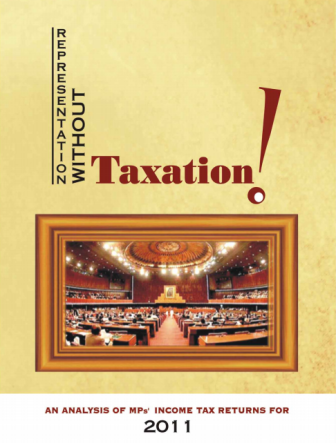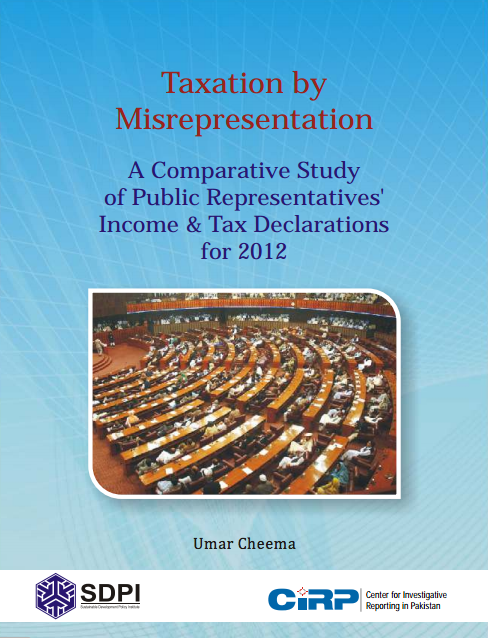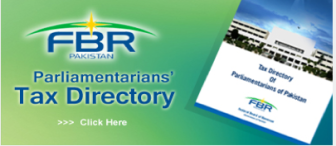Center for Investigative Reporting in Pakistan, 2011-2012
About the Investigation

Umar Cheema, founder of the Center for Investigative Reporting in Pakistan, obtained and analyzed tax records of all 446 members of Pakistan’s parliament. His investigation, published in 2011, revealed that nearly 70 percent of federal lawmakers didn’t file tax returns in a country with one of the world’s lowest rates of revenue collection. The President and 62 percent of the cabinet members were included among them. What’s more, 90 lawmakers did not even possess a national tax number. A second report, in 2012, expanded the focus to include provincial officials and found that nearly 50 percent of lawmakers who had won in the last election had paid no income taxes.
“Tax evasion has become a national sport in Pakistan and our report established that point,” Cheema wrote. The story was a particularly risky effort, as Pakistan has one of the world’s highest rates of violence against journalists. In 2010, Cheema was kidnapped, tortured, and nearly killed, yet he persevered through this project just two years later.
 Although tax records are not public in Pakistan, Cheema obtained them through his sources. “If people have been in the tax department for years and realize all the big guns are evading taxes, they feel frustrated,” he explained. “If they find like-minded people in the journalism community who have the urge to do something, they try to help.”
Although tax records are not public in Pakistan, Cheema obtained them through his sources. “If people have been in the tax department for years and realize all the big guns are evading taxes, they feel frustrated,” he explained. “If they find like-minded people in the journalism community who have the urge to do something, they try to help.”
It took, in all, six months to gather the information and verify it. He needed to find documentation to support each claim, a no one in Pakistan had done before. “We were doing naming and shaming,” he said, “and we had to be extra careful.”
Impact
The report created a political firestorm in Pakistan, as MPs were questioned about tax evasion for the first time by media, civil society, and voters. Some MPs started attacking Cheema and even proposed a new law to impose new restrictions on the media. Meanwhile, the National Assembly proposed a controversial tax amnesty bill. But these efforts only contributed to citizen outrage.
The donor community also reacted promptly: In April 2013, the UK Parliamentary Committee on International Development questioned the British government’s decision to increase assistance to Pakistan, making it the top recipient of UK foreign aid. “We cannot expect people in the UK to pay taxes to improve education and health in Pakistan if the Pakistani elite does not pay meaningful amounts of income tax,” the Committee wrote. The International Monetary Fund took a similar stance, conditioning approval of a $6.7-billion package to Pakistan’s success in battling tax evasion.

Cheema’s investigation managed to do what before seemed impossible.The report revived a dormant tax debate in the country, prompting the ruling Pakistan Muslim League to instruct its members to file their tax returns. Then, in 2014, Pakistani officials took the bold step of making tax records public, something that just three other countries in the world were doing: Norway, Finland and Sweden. Now the Parliamentarians’ Tax Directory -which reports income tax of every member of the Parliament – is available on the website of the Federal Bureau of Revenue. And the agency has added a public Citizens Tax Directory which discloses all citizens’ tax payments.
The impact on compliance was startling. When reporters checked the 2014 tax directory, now posted online, they found payments made by 1,172 MPs, including the new prime minister. They also found that 102 legislators had not filed their tax returns. That was less than 10 percent, compared to nearly 70 percent before Cheema’s report was published.

Wow,this is too daring. Cheema, I admire your courage and confidence.